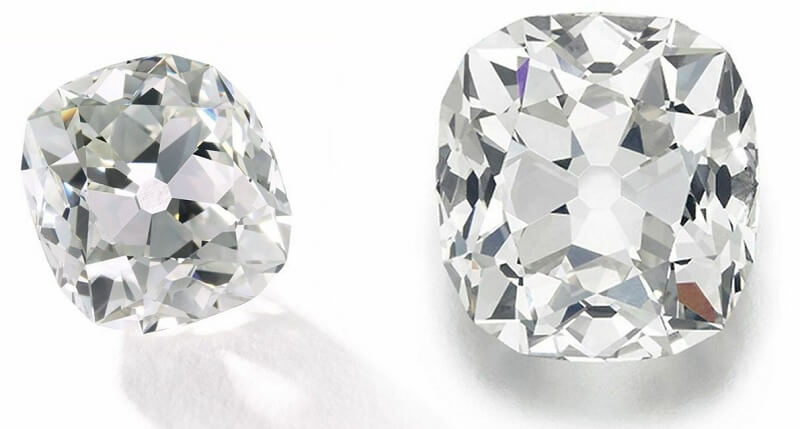How do you buy the perfect diamond? With so many options, it can be difficult to know where to start. Whether you're looking for a diamond engagement ring or just want to get some information about diamonds in general, this article is here to help! We'll answer all of your questions and provide reviews on different product types so that you can make an informed decision.
Diamonds are the hardest natural mineral on earth. They're graded according to their hardness, with the highest grade being a perfect diamond at 100% hardness. Other minerals that have been found to be harder than diamonds include corundum, cubic zirconia, topaz and quartzite.
Diamonds are crystals with a cubic crystal system. The diamond's atoms align in an orderly, repeating pattern of tetrahedrons that stack on top of each other to form its shape. Diamonds have eight different faces: four planes and six corners; the only mineral to do this is quartzite.

Some people think diamonds formed from pressure and heat deep within the earth's mantle while others argue it was water under extreme temperatures and pressures at high depths within Earth’s crust or volcanoes erupting molten rock containing carbon which cooled into graphitic-diamond material over time after being pushed up through cracks in Earth’s surface where they were then exposed by erosion processes like wind and rain.
Buying diamonds from duty-free shops is a bad idea. Duty-free stores are often the first place crooks go to sell stolen goods and they may not know what they're talking about when it comes to identifying real or fake gemstones.
The only problem with buying a diamond in a duty-free store is that you have little recourse if you find out later on that your stone was misrepresented as being worth more than it really was, because of course there's no warranty! There's also less chance for competitive pricing pressure compared to retailers like Tiffany & Co., who compete for customers by offering lower prices on their diamond jewelry items.